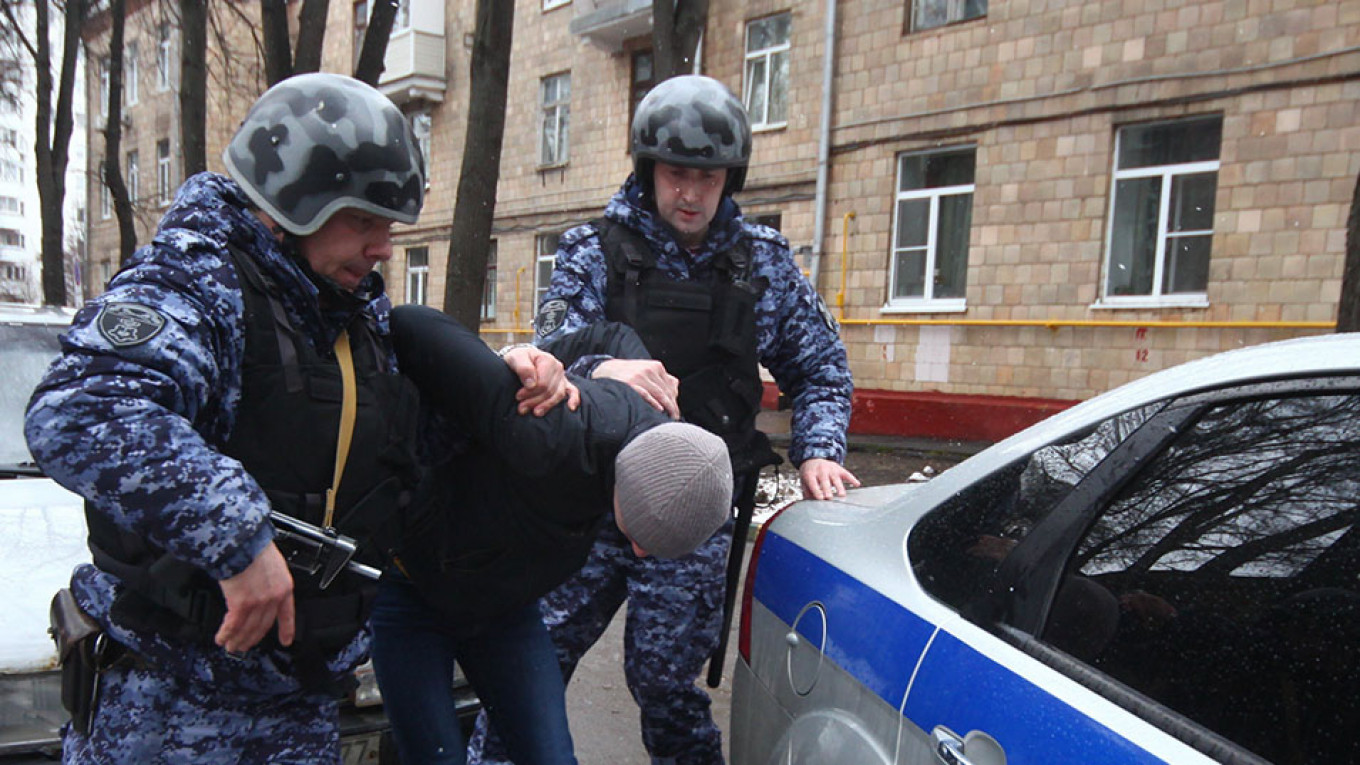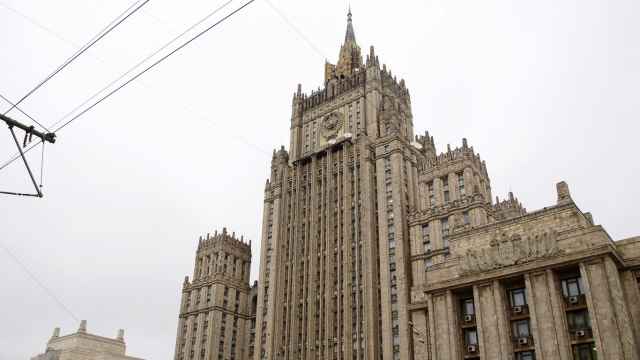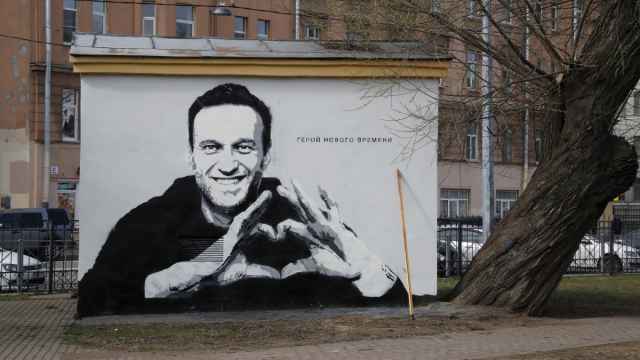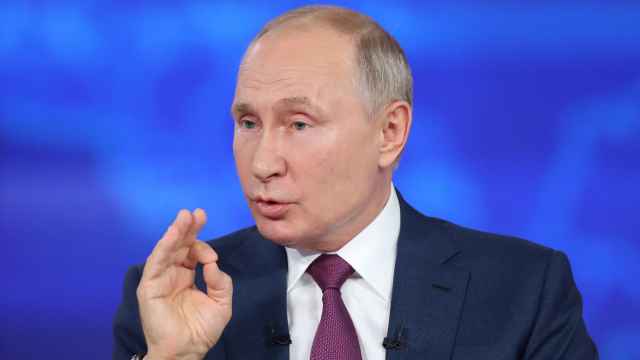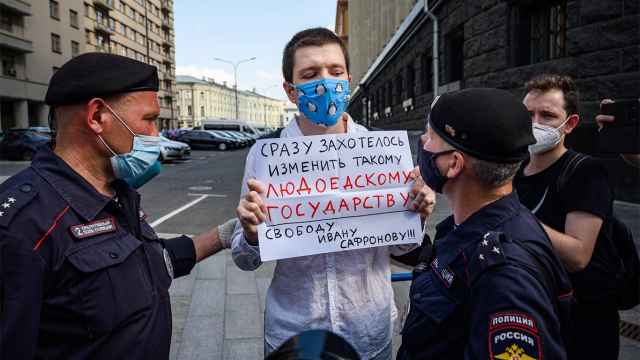Russian authorities subjected a child to torture by letting her witness her father’s violent arrest a decade ago, Europe’s human rights court said Tuesday in a ruling that advocates say sets a precedent across Europe.
The European Court of Human Rights (ECHR) ordered Russia to pay the unnamed plaintiff 25,000 euros ($27,500) in damages in its unanimous ruling. It said that “witnessing such a violent incident had amounted to ill-treatment,” resulting in the daughter being diagnosed with neurological and post-traumatic stress disorders.
“This ruling is important not only for Russia but also other Council of Europe countries,” Olga Sadovskaya, a lawyer with Russia’s Committee Against Torture NGO, told the Kommersant business daily.
“This case allowed us to confirm that watching your loved one being tortured is also torture, or at least violence,” Sadovskaya was quoted as saying Tuesday.
Sadovskaya said law enforcement authorities in Council of Europe countries will now need to take these contingencies into account in future arrests. Police labor union chief Mikhail Pashkin, however, cautioned that police detain suspects in front of family as a coercion tactic.
“When they’re roughed up in front of their wife and child, a person can break down and [admit to] everything they’re told,” Kommersant quoted Pashkin as saying.
The Committee Against Torture says the unnamed 20-year-old who won the European court case, which was filed when she was 9, has still not fully recovered from her trauma. In addition to being diagnosed with PTSD and other disorders, the NGO said the victim “became withdrawn and began to fear other people.”
The daughter had been inside her police-officer father’s car when she witnessed an undercover drug sting operation against him in 2008. She ran away and was later found in a state of shock on the street.
“The law enforcement officers, who had been well aware that the applicant was on the scene of the operation, had proceeded without paying any attention to her presence, thus exposing her to a scene of violence against her father. ... That had very severely affected her and, in the Court’s view, had amounted to a failure on the part of the authorities to prevent her ill-treatment,” the ECHR’s ruling said.
A Russian court dropped the father’s case in 2009 over illegally obtained evidence.
A Message from The Moscow Times:
Dear readers,
We are facing unprecedented challenges. Russia's Prosecutor General's Office has designated The Moscow Times as an "undesirable" organization, criminalizing our work and putting our staff at risk of prosecution. This follows our earlier unjust labeling as a "foreign agent."
These actions are direct attempts to silence independent journalism in Russia. The authorities claim our work "discredits the decisions of the Russian leadership." We see things differently: we strive to provide accurate, unbiased reporting on Russia.
We, the journalists of The Moscow Times, refuse to be silenced. But to continue our work, we need your help.
Your support, no matter how small, makes a world of difference. If you can, please support us monthly starting from just $2. It's quick to set up, and every contribution makes a significant impact.
By supporting The Moscow Times, you're defending open, independent journalism in the face of repression. Thank you for standing with us.
Remind me later.


